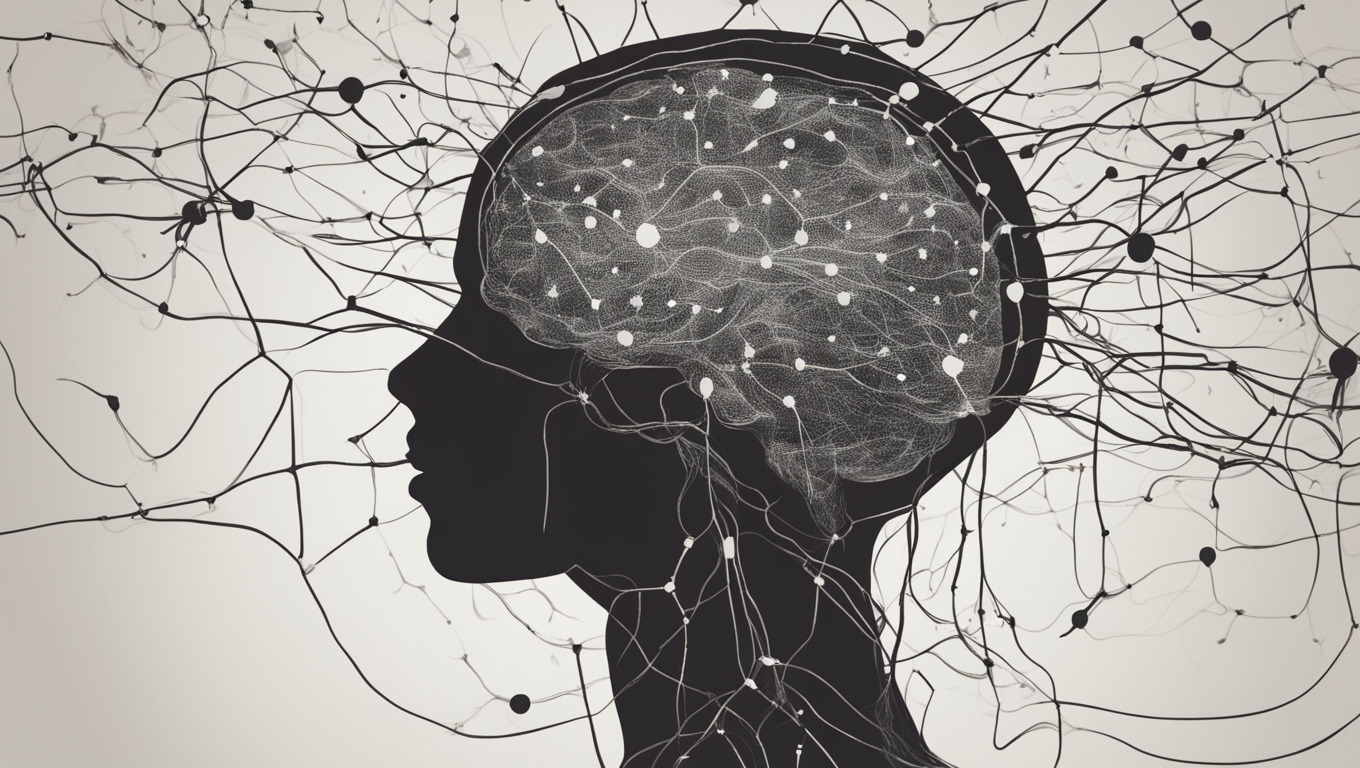Researchers at Boston University have developed a promising AI model that can predict the likelihood of someone developing Alzheimer’s disease early. The model analyzes an individual’s speech to identify those with mild cognitive impairment who are likely to develop Alzheimer’s within six years. The motivation behind this study was to detect Alzheimer’s disease early, allowing for timely interventions, especially now that new drug treatments are available.
Ioannis Paschalidis, the director of the Hariri Institute for Computing at Boston University, highlighted the importance of early diagnosis in other chronic diseases such as diabetes, hypertension, and cancer. However, early diagnostic procedures and predictive models have been lacking for Alzheimer’s disease. The researchers believe that their study represents a significant step in that direction.
Mild cognitive impairment is a high-risk factor for Alzheimer’s, with about 3% to 15% of individuals with the condition progressing to Alzheimer’s each year. Previous studies attempted to predict the conversion from mild cognitive impairment to Alzheimer’s using expensive methods. In contrast, the BU scientists developed an AI-driven, inexpensive method that leverages speech-to-text modeling and basic demographic data.
The researchers achieved an impressive accuracy of 78.5% in their study, which involved 166 participants from the Framingham Heart Study. The AI models processed voice recordings from neuropsychological exams and identified patterns that indicate the likelihood of developing Alzheimer’s. The results revealed that older women with lower education levels and those carrying one or two copies of the apolipoprotein E (ApoE) E4 allele are more likely to progress to the disease.
These findings align with previous research, which suggests that individuals who inherit the ApoE E4 genotype have a higher risk of developing Alzheimer’s. Additionally, the researchers observed that women who progressed to Alzheimer’s were, on average, 1.4 years older than men, indicating that women may be more prone to the disease due to their longer lifespan.
Currently, about 6.7 million Americans aged 65 and older are living with Alzheimer’s, and this number is projected to reach 13.8 million by 2060 without medical breakthroughs. With further development and refinement, the predictive model created by the Boston University researchers could contribute to early intervention and participant selection for clinical trials of novel Alzheimer’s disease treatments, ultimately improving patient outcomes.
Paschalidis emphasized the potential of their AI model in facilitating early intervention for Alzheimer’s disease and enhancing the selection process for clinical trials. As the research advances, the hope is that this technology will play a crucial role in preventing, slowing, or curing the disease, benefiting millions of individuals affected by Alzheimer’s worldwide.





Use the share button below if you liked it.